Mie: 10 Places to Visit for Deeper Insight into Japan

Mie is a must-visit area, rich with historical culture of Japan- from spots like the Ise Grand Shrine, Mikimoto Pearl Island, and the Igaryu Ninja Museum. Whether you’re looking for an experience with ninjas or want to eat the amazing seafood or Matsusaka Beef, this prefecture has you covered!
Mie Travel Guide: Multiple Spots for Deeper Insight into Japan
Mie prefecture is a must-visit area if you love Japan and its culture, despite the area being a bit tough to access from international airports with international flights. However, getting through that hurdle will reveal to you the rich historical culture of Japan- from spots like the Ise Grand Shrine, the central of all shrines in Japan boasting a 2000-year history, Mikimoto Pearl Island where the world's first pearl farming began, and the Igaryu Ninja Museum, where you can experience an old ninja house that houses plenty of tricks and traps using ninja techniques.
Learn more by diving into the amazing spots of Mie!
Table of Contents:
1. Ise Grand Shrine
2. Oharai-machi
3. Okage-yokocho
4. Futamiura and Meotoiwa
5. Mikimoto Pearl Island
6. Matsusaka City
7. Inabe City Agricultural Park
8. Ninja Kingdom Ise
9. Iga-ryu Ninja Museum
10. Iga Ueno Castle
Mie Travel Guide
- 5 Souvenirs of Mie
- Mie Transportation
- Mie Climate and Clothing
1. Ise Grand Shrine
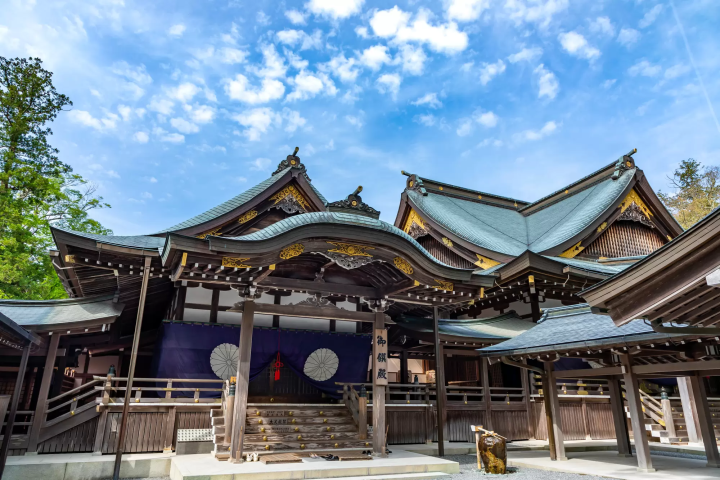
Photo by Pixta
Ise Grand Shrine (Ise Jingu) is one of the most historical Shinto spots in Mie to visit. Despite its name, Ise Grand Shrine is not one single shrine. Rather, it is a collective of 125 centered around the other shrines Kotai Jingu and Toyouke Daijingu. The area around Kotai Jingu is the inner shrine area known as “Naiku” and the area around Toyouke Daijingu is the outer shrine area called “Geku.” The whole of Ise Jingu is officially known as just “Jingu.”
This Imperial Grand Shrine enshrines the supreme goddess of the Japanese people “Amaterasu Omikami” which means “the great divinity illuminating heaven.” Annually over 1500 rituals take place here, where prayers are conducted for the Imperial Family’s prosperity, for world peace, and prayers for an abundant harvest.
2. Oharai-machi
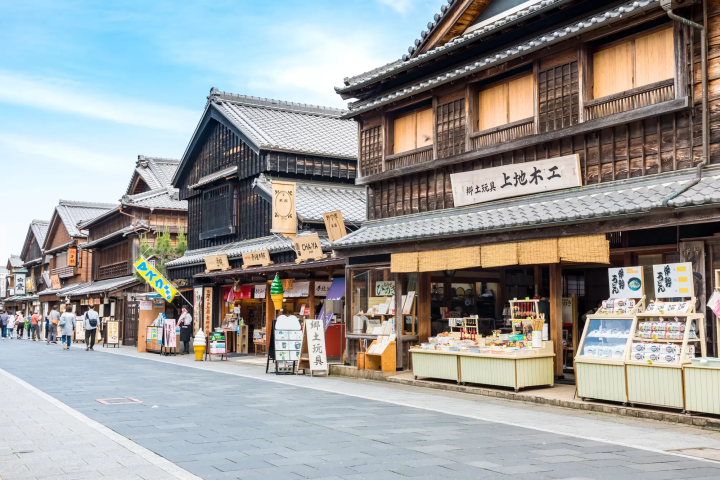
Photo by Pixta
On the path leading to Ise Grand Shrine is Oharai-Machi, a street lined with local restaurants and small souvenir shops. To experience the taste of the locals, head to Akafuku on this street. Their specialty “Akafuku mochi” is a rice cake topped with red bean paste, shaped to symbolize the Isuzugawa River that flows through Ise Grand Shrine. Akafuku’s main store sits on Oharai-machi and when visiting you can taste the fresh mochi made on the spot!
If you’re visiting in the summer, you can try “Akafuku ice,” a combination of Akafuku and thinly shaved ice, or try the winter limited “Akafuku Zenzai” which is mochi in delicious simmered azuki red beans. Either way, try out these local gourmet sweets and then stroll around and shop in the many souvenir shops on the street.
Oharai-machi
Mie, Ise, Ujinakanokiri-cho, 26
3. Okage-yokocho

Photo by Pixta
Located in the inner area of Ise Grand Shrine on the Oharai-machi street is Okage-yokocho. “Yokocho” refers to an old Japanese alley way, and this part of the city recreates the old temple town seen between the Edo and Meiji periods of Japan. This old town scene is extremely popular with tourists and crowds of visitors come by every single day.
These alleyways typically are filled with many small restaurants, bars, and souvenir shops. From within, you can experience the area’s specialties and learn about the history and climate of both Mie and Ise.
While you enjoy the atmosphere of the era from the past, you can grab some local snacks to munch on while walking through the streets.
4. Futamiura and Meotoiwa
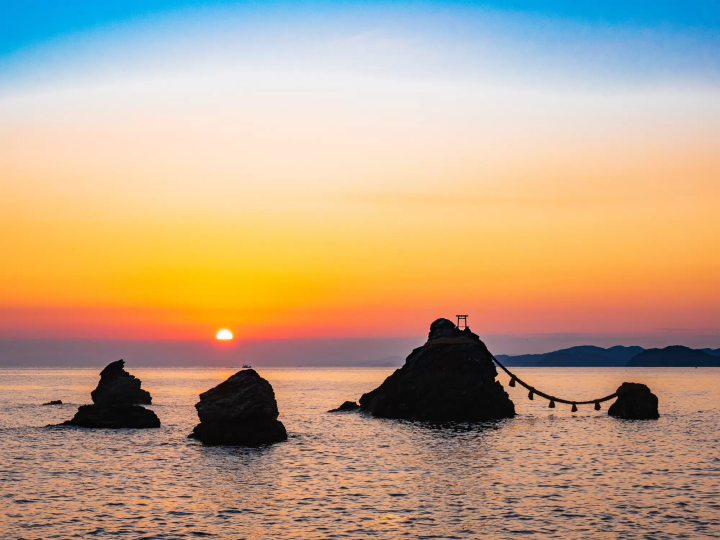
Photo by Pixta
Futamirua is a delta that forms at the end of Isuzu River flowing into Ise Bay, located on the northeastern area of Ise City. This was formerly a place used as a place of purification when visiting Ise. Once leaving JR Futamiura Station, you will see Meotoiwa Omotesando street, a calming path along the coast with many long-established inns and souvenir shops.
Off the coast you can see the scenic “Meotoiwa” (Wedded rocks), which are two rocks, one large and one small, protruding from the ocean. This landmark sits in the Futamiokitama Shrine area, with its name derived from the larger rock representing a husband and the smaller rock representing a wife. The rocks are tied together with a shimenawa rope, which is the line between spirit and earth.
If you’d like to see the scene of a magnificent sunrise shining between the two rocks, a popular time to visit is between May through July. The glow of the illuminated rocks creates an awe-inspiring, mystical atmosphere! In contrast, if you’d like to see the full moon in the middle of the rocks, you can witness this spectacle during autumn and winter. There is a ritual held 3 times a year in May, September, and December where the shimenawa rope between the rocks is replaced. If you are interested in visiting during these events, take note of the month you are visiting!
Futamiokitama Shrine
Mie, Ise, Futamichoe, 575
5. Mikimoto Pearl Island

Photo by Pixta
Mikimoto Pearl Island is a pearl themed attraction operated by Mikimoto, a long-established jewelry brand. Here you can purchase accessories created by using Mikimoto pearls of course, and there are museum exhibits where you can learn about the knowledge and techniques of pearl farming, and the history behind Japan’s first pearl harvesting location.
You can even watch live demonstrations by Ama, the women divers as they show how they collect the pearls. These demonstrations are held hourly, so check out the Ama schedule on the Pearl Island website when planning your visit!
Mikimoto Pearl Island is just a short walk from Toba Station.
6. Matsusaka City

Photo by Pixta
Matsusaka is a city where you have the sea to the east and can see mountains in the west, allowing visitors a view of the amazing natural scenery during every season. Matsusaka is famously known for their world-famous beef, the Cattle used for Matsusaka beef are raised right in the city.
No doubt if you’re visiting this city, one of your main motives is to try out the delicious local beef. Matsusaka city has plenty of restaurants to try the world-famous beef with different dishes from sukiyaki, yakiniku, beef katsu, and of course some juicy steak!
Matsusaka Station
Mie, Matsusaka, Kyomachi, 301
7. Inabe City Agricultural Park
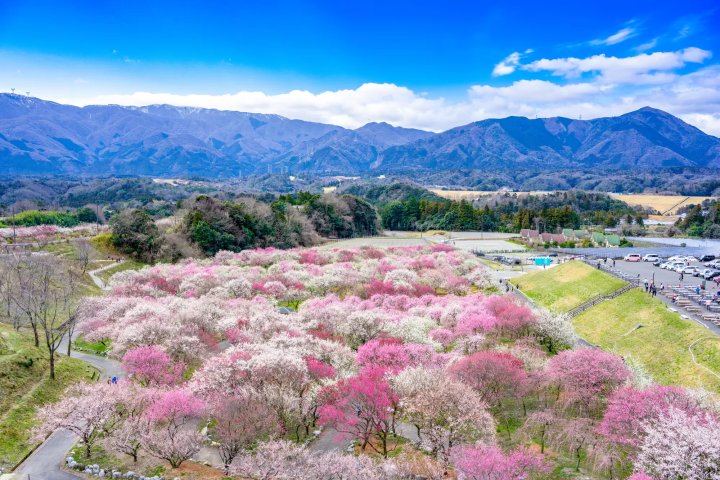
Photo by Pixta
The Inabe City Agricultural Park (Inabe-shi Nogyokoen) is known for their ume, or plum grove park in the area, boasting over 4,000 plum trees of 100 different types across a land of 38 ha. For photos we recommend snapping pictures from the observatory located on the hill. From above you will see an amazing gradation of red, pink, and white colors across the entire park. Enjoy the scent of the plums while gazing at the majestic Suzuka mountain range in the background!
There is also the Inabe Plum Festival held annually between early March to late March, which attracts countless tourists from across the country. During the festival a variety of plum products like plum juice or plum jam are sold.
Inabe City Agricultural Park
Mie, Inabe, Fujiwara-cho Kanae, 3071
8. Ninja Kingdom Ise
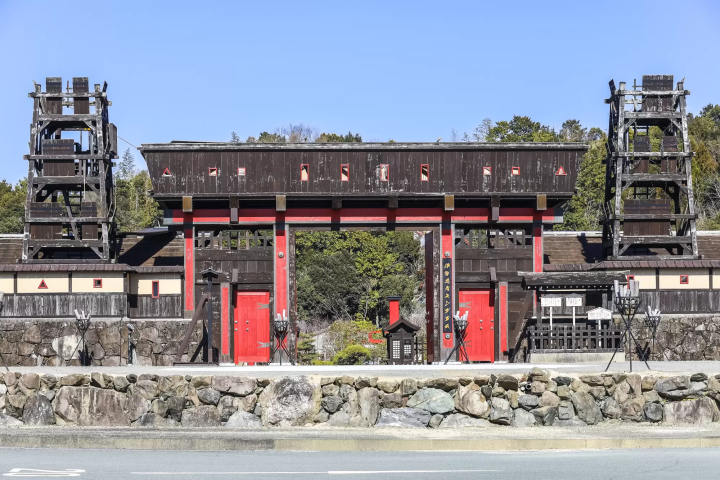
Photo by Pixta
The Ninja Kingdom Ise (Tomoiki no Kuni Ise Ninja Kingdom) is a spectacular theme park that recreates the Azuchi-Momoyama and Edo Periods of Japan. Walking through the gate you’ll see the symbolic recreation of the castle tower, the Azuchi Castle. The castle is currently undergoing construction, but at night you can as an amazing projection mapping show which lights up the entire castle! Just walking through the park is an attraction as well, where you’ll constantly see performances by ninjas, courtesans, and town magistrates.
Families with children can enjoy dressing up as ninjas and participating in the many ninja games available. After an exciting day of fun, there is even an onsen you can wind down and relax in.
Ninja Kingdom Ise
Mie, Ise, Futami-cho Mitsu, 1201-1
9. Iga-ryu Ninja Museum
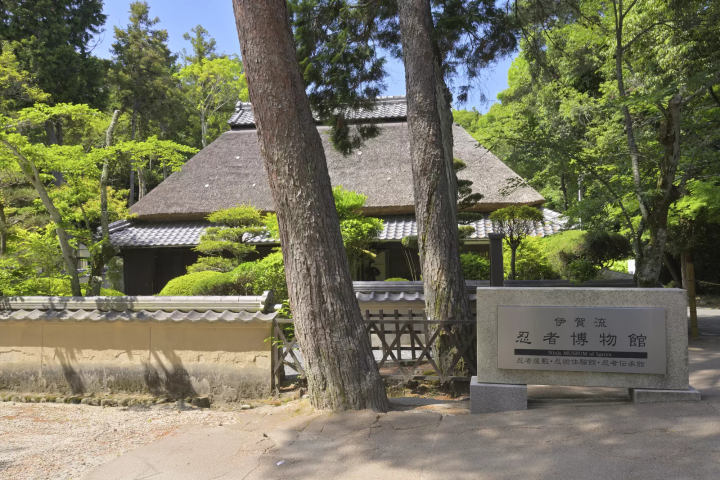
Photo by Pixta
For all the ninja enthusiasts out there, the Iga-ryu Ninja Museum (Iga-ryu Ninja Hakubutsukan) is an absolute must visit. Get a tour through the ninja house and be amazed as your ninja guide demonstrates the secrets of the house, from hidden doors, traps, escape route, and all sorts of ninja tricks the building has! These secrets were formerly a means of security to keep their ninja secrets and technology from being stolen by their enemies.
The ninja house isn’t the only attraction around, you can dress up and become transformed into a ninja yourself and try the ninja experience where you can both see and try out some ninja tools such as shuriken ninja stars to help awaken your inner ninja.
Iga-ryu Ninja Museum
Mie, Iga, Ueno-marunouchi, 117
10. Iga Ueno Castle
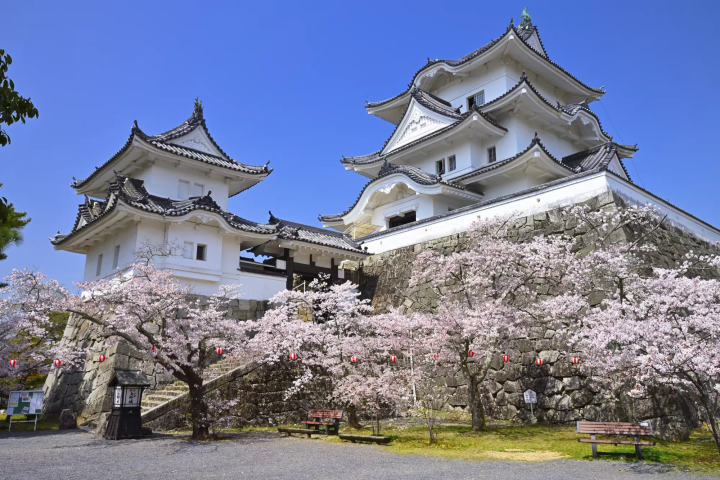
Photo by Pixta
What better way to experience historical Japan than to see a real-life Japanese castle! The Iga Ueno Castle (Iga Ueno-jo) has a stone wall about 30 meters in height from its moat, making it one of the highest in Japan. The interior has an exhibit displaying a lot of interesting historical armor and tools from the era. As with many of the other ninja related spots of Mie, you can visit the Danjiri Kaikan Hall and its ninja transformation area to get in costume if you’re up for the challenge!
From the top of the magnificent 3 story castle, you will be able to see the amazing view of the entire town of Iga, just as the real-life ninjas once did.
5 Souvenirs in Mie
1. Akafuku Mochi - Akafuku

Photo by Pixta
Akafuku of Oharai-machi and their famous Akafuku mochi are a delicious treat to have fresh at the shop.
Not only that, but a box of these delectable sweets makes a perfect souvenir to take out as well. They have Akafuku mochi in boxes of 8, 12, and 20 pieces. You can also get a box of their black and white mochi, which comes in a box of 8 with 4 pieces each for just 1000 yen.
Akafuku
Mie, Ise, Ujinakanokiri-cho, 26
2. Manekineko - Kitcho Shofuku Tei

Photo by Pixta
You can find plenty of shops with hand crafted items that make perfect souvenirs to take home! At Kitcho Shofuku Tei you can good luck cats called Manekineko which are said to bring good fortune. This shop has an amazing 1000 different manekineko that you can choose from!
Kitcho Shofuku Tei
Mie, Ise, Ujinakanokiri-cho, 52
3. Okage-inu Goods - Omiyageya

Photo by Pixta
If you’re more of a dog person, then you’ll want to visit Omiyageya to see their lineup of Okage-inu goods! These good dogs are based on the motif of dogs in the Edo period that were said to go on a pilgrimage to Ise in place of their owner when they got sick. The shop has a old style red mail box in front of it, come take a look and choose a dog charm to take back with you!
Omiyageya
Mie, Ise, Ujinakanokiri-cho, 52
4. Pearl Accessories - Mikimoto Pearl Island
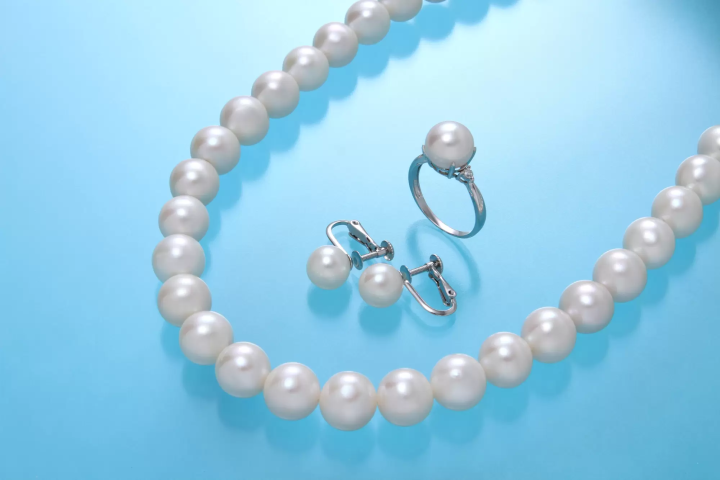
Photo by Pixta
When visiting Mikimoto Pearl Island, you’ll want to check out the beautifully crafted accessories that use the pearls harvested on the island! The pearl shops’ pearls are reasonably priced, and the staff will give you advice on picking out the perfect pearl! There’s a pearl out there waiting for you, so why not treat yourself to a fancy treasure you deserve?
Mikimoto Pearl Island
Mie, Toba, 1 -7-1
5. Iga Kumihimo - Iga Kumihimo Center Kumi no Sato

Photo by Pixta
“Iga Kumihimo” are crafted strings historically used with samurai armor and swords. A craft tradition passed down through the ages, where silk threads are colorfully dyed thread by thread, giving each one a unique quality. If you’ve watched Makoto Shinkai’s famous animated movie “Your Name” you might recognize these crafted strings! Some of these spots even allow you the experience of making one for yourself using their tools, so you can go home with a custom-made string bracelet. These vibrant accessories are quite practical and well designed, used with straps, earrings, and coasters in modern times.
Iga Kumihimo Center Kumi no Sato
Mie, Iga, UenomarunouchiIga, 116-2
Mie Transportation

Photo by Pixta
When traveling to Mie/Ise-Shima from Tokyo, you can transport by train, bus, or car. For riding the train from Tokyo station, you’ll want to travel to Nagoya Station via the Tokaido Shinkansen bullet train (roughly 1 hour and 50 minutes), followed by riding Kintetsu’s Premium Express Shimakaze train or JR’s rapid Mie train (about 1 hour and 15 to 45 minutes) to Iseshi Station. If traveling from Osaka or Kyoto, you can also take the Premium Express Shimakaze.
If you’re looking to take a slow and easy route, you can take the Mie Kotsu Bus from Ikebukuro Station, Yokohama Station, or Tachikawa Station. It’s a roughly 9-hour ride, but you’ll be able to ride straight to Iseshi Station without any transfers! Once in Mie, make use of the special tickets that allow use of other bus routes, tours buses, and unlimited riding for a convenient way to get around!
Mie Climate and Clothing
Weather in Mie can be considered relatively mild, with the best temperatures being present in May, June, and October. During these months you’ll find temperatures between 20℃ and 25℃. January is the coldest month with an average high temperature of 9℃, and August is the hottest month with an average high of 28℃
A lot of rain falls in Mie, with September being the wettest month. It is also common to see a lot of rain between the months of April through October.
Below are the recommended clothes to wear with the seasons:
January – March: You should bring a woolen coat. A scarf and gloves may be needed on colder days.
April: We recommend layering with a sweater or jacket.
May: Long sleeve shirts with a light cardigan will keep you comfortable.
June: Wear either long-sleeved or short-sleeved shirts!
July-August: The hottest months, wear short sleeve clothes to stay cool.
September: We recommend short-sleeved or long-sleeved shirts depending on the temperatures.
October: Long sleeve shirts combined with a light cardigan would be best.
November: You’ll want to bring a jacket or at least a sweater. Cooler days may call for a coat.
December: Winter is here, grab your woolen coat and maybe some gloves and a scarf.
Enjoy your culture filled trip to Mie!

Photo by Pixta
Whether you’re looking for an experience with ninjas or want to eat the amazing seafood or Matsusaka Beef of the area, there are plenty of amazing spots in Mie to keep you busy! Swing by anytime for more info to help with your travel plans to Mie!
This is the official account of MATCHA's editorial department. Our articles feature useful travel information for visitors to Japan, from how-to guides to recommended places to visit.








































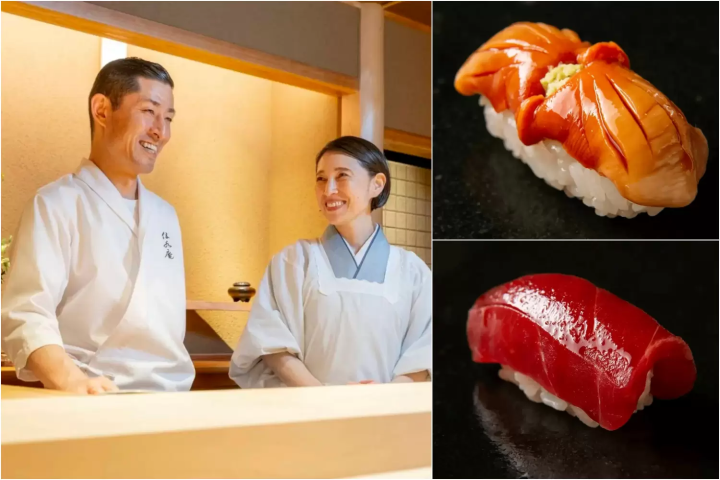
![[No need to worry!] A guide to buying entertainment tickets in Japan](https://resources.matcha-jp.com/resize/720x2000/2025/04/21-231654.webp)
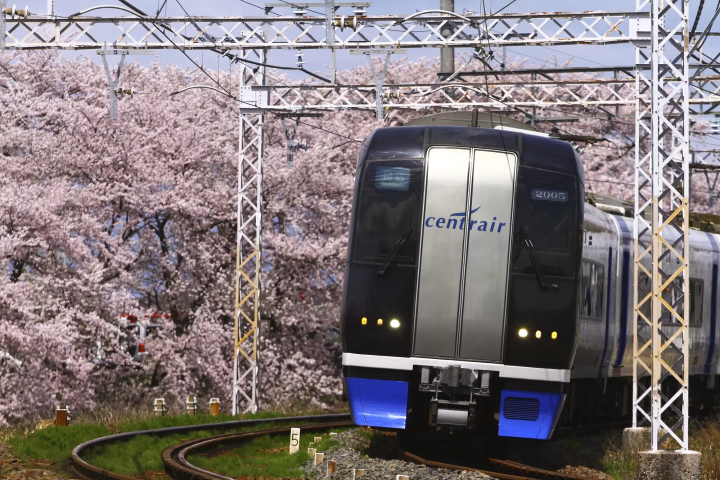
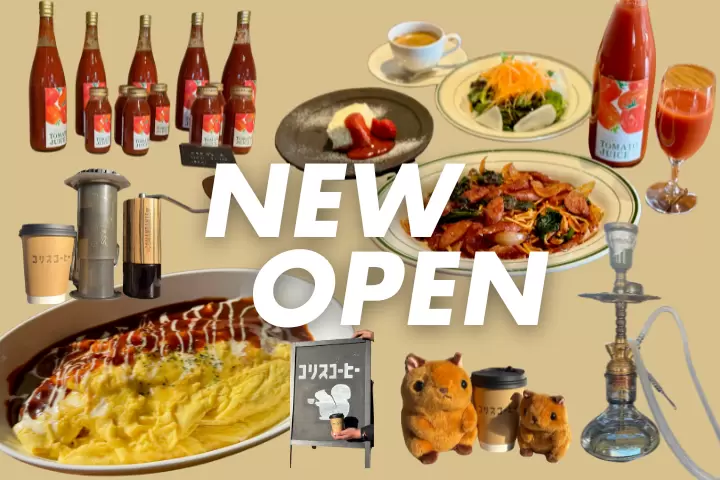
![[ Naruto City, Tokushima Prefecture ] Experience the world's largest whirlpools up close on a sightseeing boat at the Spring Whirlpool Festival!](https://resources.matcha-jp.com/resize/720x2000/2025/02/05-222727.webp)